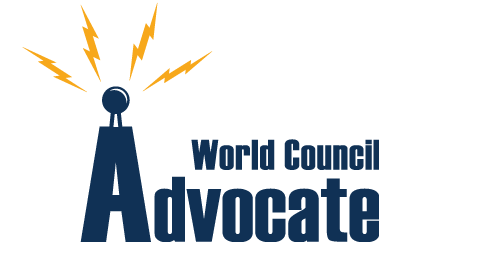FSI Issues Briefs on COVID-19 Operational Challenges and Expected Loss Accounting
2020-04-20The Financial Stability Institute (FSI) of the Bank for International Settlements issued its second and third briefs on COVID-19, addressing operational challenges and expected loss accounting for financial institutions.
The guidance in the second brief suggests that regulators consider the following items when addressing operational resilience during the crisis:
- Critical/essential employees: identifying the critical functions and employees that support important business services, as well as ensuring employees' safety and that they can safely resume their duties (remotely, if necessary).
- IT infrastructure: ensuring that IT infrastructure can support a sharp increase in usage over an extended period and taking steps to safeguard information security.
- Third-party service providers: ensuring that external service providers and/or critical suppliers are taking adequate measures and are sufficiently prepared for a scenario in which there will be heavy reliance on their services.
- Cyber resilience: remaining vigilant in order to identify and protect vulnerable systems, and detect, respond and recover from cyber attacks.
A complete copy of the brief can be viewed here.
-
In the wake of the Covid-19 pandemic, several prudential authorities and the Basel Committee on Banking Supervision (BCBS), introduced a series of measures to clarify how banks should consider various public and private debt relief programs in their ECL estimates and in their calculation of regulatory capital. These measures are intended to incentivize banks to continue supporting the real economy, while reducing pressure on banks' ECL provisions, earnings and regulatory capital.
-
Supervisory initiatives that provide capital relief should be augmented by severe constraints on the payment of dividends, bonuses and share buybacks. These joint actions will simultaneously expand banks' lending capacity and enhance their ability to absorb losses.
-
Prudential authorities face difficult trade-offs as they confront the most severe economic crisis in modern times. Encouraging the use of flexibility in applicable accounting standards, while preserving market trust and transparency in the reported financial statements of banks, will be key in fostering both economic and financial stability.
This post originally appeared on World Council's Advocate blog.
